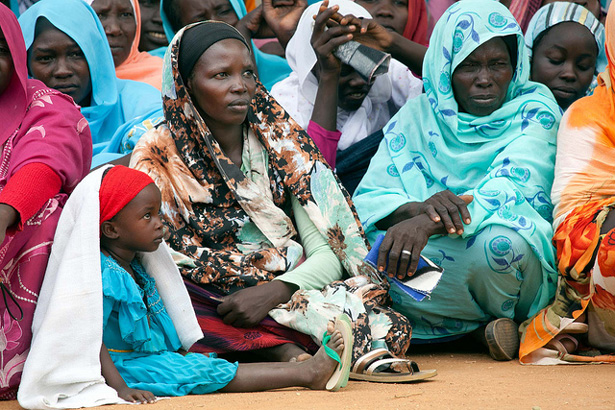-
Linking Governance and Positive Maternal Health Outcomes in Africa
April 11, 2013 By Derek Langford
Sub-Saharan Africa is perhaps the riskiest place for a woman to give birth. According to the United Nations Population Fund (UNFPA), African women comprise approximately 56 percent of the maternal deaths and 91 percent of HIV-related maternal deaths worldwide every year. In order to bring life into this world, women in Africa literally must put their own lives on the line.
This is alarming, yet not surprising. For some time, African governments, healthcare professionals, and the international community have been acutely aware of the scope of this problem and its ramifications for the continent. It is well understood that healthy women give birth to, and rear, healthy children who then, in turn, are able to positively impact society. Conversely, a motherless child is 10 times more likely to die prematurely than children who grow up with a maternal figure. What is shocking, but gets very little news coverage, is that we know how to impact this situation for the better – good governance is essential for positive maternal health outcomes.
Governance is generally understood as the means, procedures, and institutions through which a society manages its affairs. In the developing world, including in sub-Saharan Africa, government too often conducts itself as though it and it alone, has the exclusive right to manage societal affairs. This narrow approach to governance is misguided. It stifles innovation from civil society and the private sector, and is insufficient to respond to development deficits. Indeed, governance ought to be broadened to include civil society, non-profit, and private sectors so that myriad stakeholders can be empowered to develop solutions and participate fully in decision-making processes.
Continue reading on Africa Up Close.
Derek Langford is a program assistant for the Wilson Center’s Africa Program.
Sources: UN, UNFPA.
Topics: Africa, Chad, development, Dot-Mom, DRC, From the Wilson Center, gender, global health, HIV/AIDS, maternal health, Nigeria, Rwanda, Sudan, youth, Zimbabwe
 A Publication of the Stimson Center.
A Publication of the Stimson Center.



